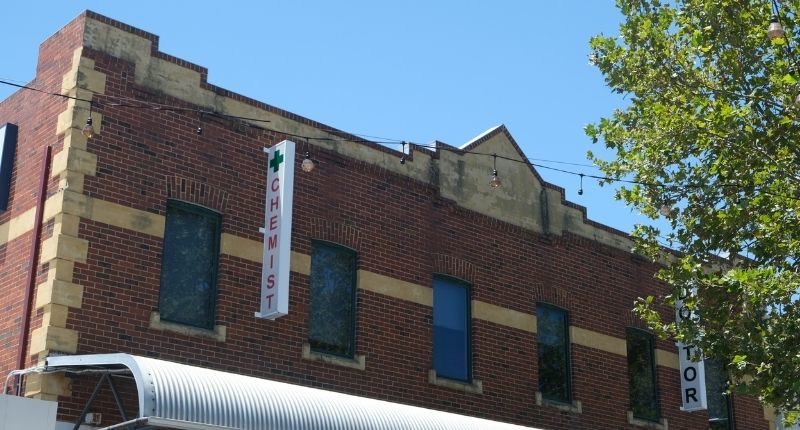- Wouter Jellema explains how to deal with a sold commercial lease
- Who pays what part of the outgoings, and who reimburses who?
As tenants pay the outgoings, property administrators often reconcile the outgoings to ensure the tenant’s contribution is in balance with the actual expenses. But what happens when the lessor sells the property?
Settlement agents and lawyers reconcile the outgoings to ensure that the seller and purchaser pay their portion of the rates and taxes. However, if the tenant pays the outgoings as per the current lease, why is reconciliation even necessary?
The reason is apparent when you use the correct terminology.
A tenant is not required to ‘PAY’ the outgoings. When the lease agreement makes the lessee responsible for the outgoings, they have to ‘REIMBURSE’ their lessor for these expenses.
Practically, this means that the settlement agents or lawyers focus on the reconciliation from a property level, ensuring that the seller and purchasers pay their portion.
Meanwhile, property managers focus on the lease level, making sure the lessee has reimbursed their client up to or from the settlement date, depending on the client.
When the manager represents both the seller and the purchaser, the manager ensures that the lessee pays back the reconciled amount to the seller and pays the remaining portion to the buyer.
As you can understand, often there is some confusion on this matter. However, the difference lies with who pays the bills and who reimburses who.








